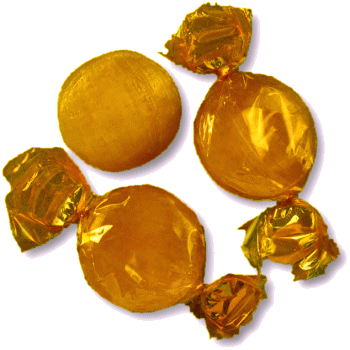




WELCOME TO An Entertainment Site for Scottish Country Dancers - Enjoy the curated selection of theme-related dances for celebrations and holidays, or find a dance associated with a special calendar day, or EVEN your own birthday!
The Friendly Gossips, Eugene de Blass, 1901
Gossip Day
Aug 6
Other Scottish Country Dances for this Day
Today's Musings, History & Folklore
"If you don't have anything nice to say about someone, come and sit by me."
~ Alice Roosevelt Longworth (1884-1980)
Are you fond of a little clishmaclaver with your cup of tea? A little SCD scuttlebutt with your scones" Well .... let me tell you ... . Though it is commonly believed that women are the most interested in gossip and gossiping, several new research studies suggests that, contrary to popular opinion, quantitatively speaking, women and men engage in the same amount of gossiping activity! Evolutionarily speaking, gossip has been deemed an important social tool that helped predict who was friend and who was foe. This John Drewry gossipy reel contains unusual crossed hand turns, a slightly closer hold to better pass on that bit of juicy gossip to your partner! So ... "spill the tea"and don't spare the juicy details! 😜 🫖 🍵 🕺 💃
Tittle Tattle
Gossip Day, August 6th, is associated with the birthday of movie columnist Louella Parsons (1881-1972), who along with her journalistic rival Hedda Hopper, became a powerful voice in the Hollywood movie business from the 1930s on with her daily allotment of gossip in her syndicated column.
Gossip has been researched in terms of its evolutionary psychology origins. Gossip turns out to be an important means to aid social bonding in large groups. The exchange of gossip may have even helped early man to elect leaders and to catch thieves! Unsurprisingly, there are many terms for gossip and gossiping.
The word "flibbertigibbet" is a Middle English word referring to a flighty or whimsical person, in a meaningless representation of chattering. And in modern use, it is used as a slang term, for a gossipy or overly talkative person.
The word is from Old English godsibb, from god and sibb, the term for the godparents of one's child or the parents of one's godchild, generally very close friends. In the 16th century, the word assumed the meaning of a person, mostly a woman, one who delights in idle talk, a newsmonger, a tattler. In the early 19th century, the term was extended from the talker to the conversation of such persons. The verb to gossip, meaning "to be a gossip", first appears in Shakespeare.
Interestingly, in a 2009 study, it was found that men who gossip outnumber gossiping women, two to one, although the topics varied. Apparently, eighty percent of our conversations are spent on discussing other people and their habits.
And as Alice Roosevelt Longworth, American President Teddy Roosevelt's daughter famously said, "If you haven't got anything nice to say about anybody come sit next to me.”
****
See below for a modern portrait of gossip, Norman Rockwell's famous illustration from March 6, 1948, in the Saturday Evening Post, 1948, "The Gossips."
It seems Rockwell had a neighbor who started a disagreeable rumor about him. And so, for a bit of revenge, he painted a cover about it. Apparently, the neighbor who started the rumor in real life never spoke to Rockwell again.
Click the dance cribs or description below to link to a printable version of the dance!



